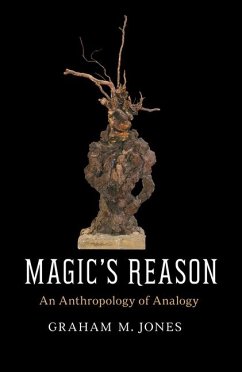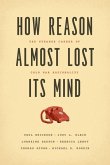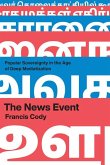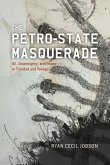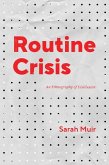In Dangerous Doubles Graham Jones tells the entwined histories of anthropology and magic. As he shows, entertainment magic was a crucial part of defining modernity as a worldview in which the appropriate experience of anything remotely "magical" lies within a circumscribed arena of suspended disbelief. A close association of entertainment magic with Enlightenment values thus made it a powerful resource for signifying modernity's thresholds. In what Jones describes as a representational feedback loop, early colonial ethnographers drew analogies between Western stage magic and ritual "magic," calling native ritual performers "tricksters" who were hoodwinking a gullible public into thinking their miracles were performed by a divine hand. This analogy had a powerful impact on how supernatural events were conceptualized in the Victorian age and were then formalized in subsequent disciplinary literature. As Jones shows, despite welcome and largely salutary efforts at destabilizing anthropology's conception of "magic" during the second half of the twentieth century, some obscuring residue from the initial analogy remains. By tracing the reasoning that led to the comparison in the first place, he hopes to show how dangerous cross-cultural analogies can be. But, far from calling for anthropologists to abandon "magic" as a category or to eschew analogy altogether, Jones wishes to simply clear the path toward sharper thinking about magic--the anthropological subject par excellence. This is a clear-eyed history of the discipline, a cautionary tale about cross-cultural comparison, and a lively story about how the ideas that we posit about the world shape the very thing they seek to describe.
Hinweis: Dieser Artikel kann nur an eine deutsche Lieferadresse ausgeliefert werden.
Hinweis: Dieser Artikel kann nur an eine deutsche Lieferadresse ausgeliefert werden.

